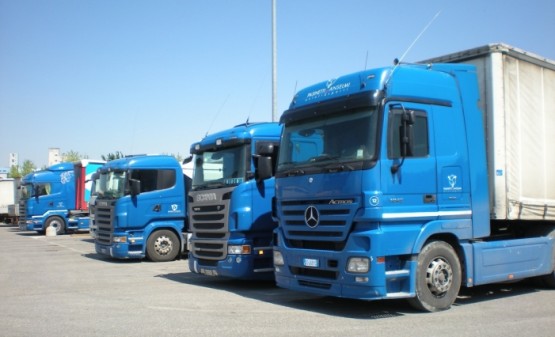
Within the activities of judicial assistance pro-vided by the Firm, a recent arbitrational award, that ended a dispute taking place before an arbitration tribunal, undoubtedly de-serves to be commented.
In this specific case, the partner of a road transport company on behalf of third parties submitted a request for arbitration to the Order of Chartered Accountants and Commercial Experts of Pesaro and Urbino. The request for arbitration was filed against the co-operative company where he had rendered his services, for alleged non-fulfilments occurred during the business relationship in the years 2005 and 2006.
The decision to refer the matter to the tribunal originated from the presence, in the Charter of the above mentioned co-operative company, of an arbitration clause, which transferred all disputes arising out of the business relationship, between the shareholders and the company, to the jurisdiction of an arbitration panel.
However, the cooperative company pointed out the lack of active legitimacy of the plaintiff, finding that the dispute he had started did not relate to the existing business relationship bet-ween the parties, with the result that the arbitration foreseen in the charter could not be applied.
The Arbitration Tribunal stated its lack of jurisdiction, completely dis-missing the claim filed by the plaintiff.
In particular, the Arbitration panel found that the claim, in the terms set forward by the plaintiff, regarded the compensation of pecu-niary and non-pecuniary damages, ascribable to events that occurred during the corporate bond bet-ween the cooperative and the road transport com-pany.
The plaintiff, however, had filed the request for arbitration when he was no longer a partner of the company and when even the company itself was no longer a shareholder of the abovementioned coopera-tive, with the result of being declared lacking active legitimacy during the arbitration proceedings.
Matter of fact, the scope of the arbitration clause con-tained in the charter related only to the disputes between the company and its shareholders, while when the award had been made, as well as when the arbitration proceedings we-re activated, there was no bond under corporate law.
That decision offers much food for thought as it tackles the complex dynamics involved in the corporate context of a transport cooperative company and demonstrates how, in litigations, the formal aspect can be decisive for dispute resolution.
In the present case, apart from any consideration regarding its merits, the claim for compensation made against a cooperative company was rejected because of a double lack of capacity. In fact, not only the termination of the social relationship between the applicant and the road transport company was verified, but also the termination of the corporate bond between the transport company and the defendant cooperative company was ascertained.
(Bologna Office – Federica Sabbioni – 051 2750020)








